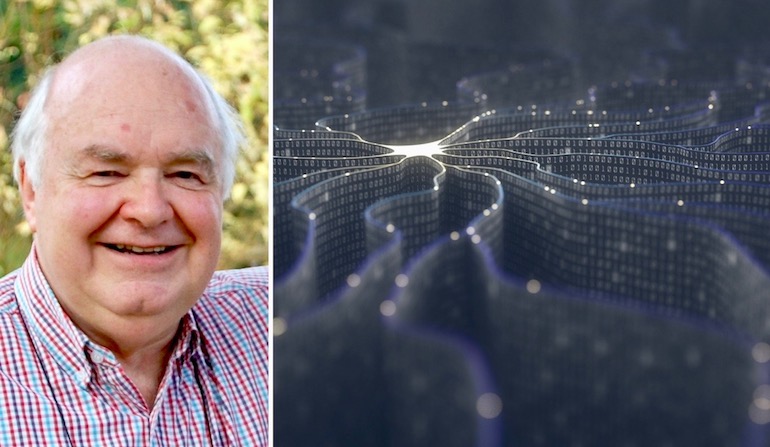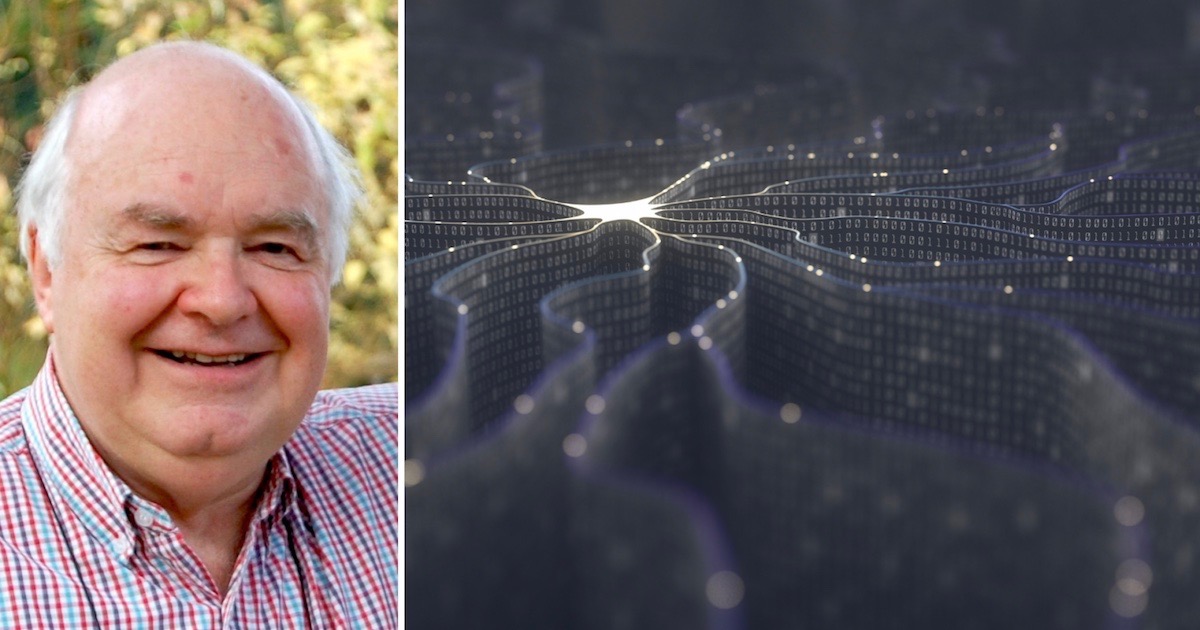 Neuroscience & Mind
Neuroscience & Mind
Lennox, Marks: Uploading the Mind Would Mean Eternal Death


In breaking through scientific and spiritual boundaries, the idea behind Discovery Institute’s Bradley Center is audaciously original. Led by Baylor University computer engineer Robert J. Marks, the Bradley Center considers the technology and ethical implication of Artificial Intelligent from a strong Judeo-Christian perspective. Is there anyone else out there doing that? Not that I’m aware.
In a new podcast series, Dr. Marks takes up a conversation with the wonderful Oxford University mathematician and theologian John Lennox. It’s a remarkable interaction, and we’re only two episodes in. Find them here:
Understanding the quest not just for Artificial Intelligence (which is already here) but a human- or indeed God-like Artificial General Intelligence is not possible without bringing to bear sources of insight beyond the merely technical. Marks and Lennox discuss the Biblical Tower of Babel account as a metaphor for human overreach. They cite as an illustration the work of Israeli historian Yuval Noah Harari whose book Homo Deus: A Brief History of Tomorrow says it all: Man as God.
But as they go on to note, dreams of god-like immortality achieved through uploading the mind have a serious drawback, one among others. A computer operates algorithmically, strictly so, whereas the mind does not. To upload ourselves, then, if that were possible, would be to lose what makes our mind what it is, with the ability to create, imagine, and so much more. It would mean shedding our humanity. Eternal life in this sense would mean eternal death.
Enjoy Marks and Lennox as they probe these important subjects over at Mind Matters.
Photo: John Lennox, via Walter Bradley Center for Natural & Artificial Intelligence.
